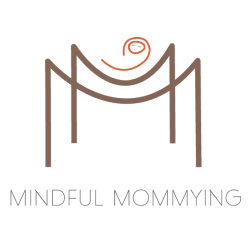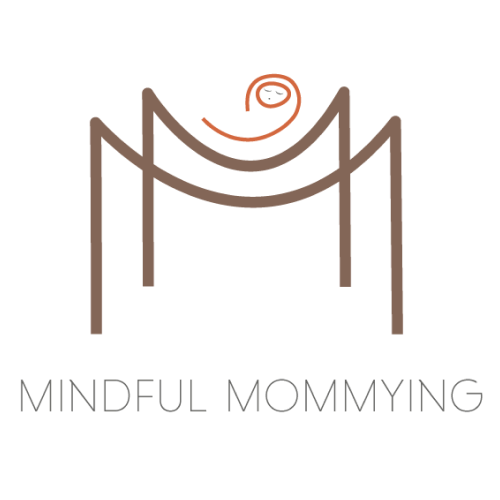
Sacred Sundays
- August 31, 2021
- by
- Rachel
Sunday mornings are a trigger for me in a huge way. Being raised in a family where church was the dominating priority meant being in that building three times a week at a minimum. More if you were involved in any sort of study group or service activity. If you were travelling, you found a congregation and attended there as well. The only exceptions I recall were when we were in a place where we had no way of arriving to a service, at which point my parents would invent their own.
Godishness owned Sundays. We were not allowed to play outside, do homework or see friends. Instead, we went to church, returned home for lunch and rested until it was time to get dressed and head out to church again. If you didn’t want to sleep in the rest period, you were allowed to read, but your options were limited. The book couldn’t be secular—not related to God. I may have tried to push the limits with reading the Encyclopedia once or twice, because, after all, God made the world, but otherwise, it was a dreary day for someone who enjoyed books.
Now, my Sundays are radically different. They are still days for rest, but I spend the day with LA, playing and laughing. We take walks to the park to use the swings. He naps in my arms. We do household chores, because he loves to “help.” We read books.
There are days when I feel a rush of guilt, when the past comes back to whisper in my ear that I am destroying his life by not raising him in a strong community of faith that meets multiple times a week and will teach him how to live. On a good day, this feeling is followed by New Order reminding me mentally that “Guilt is a Useless Emotion.”
Just another day in the week
Waiting for an opportunity to step in front of me
Maybe I’m losing my mind
Searching for another place in another time
Choosing to parent with mindfulness means accepting that those are my thoughts, but my thoughts do not necessarily reflect reality. They only create my experience of what is real. It is not true that my child is not being raised in a good community. It’s just a much more varied community, one full of people who care for him exactly as he is. I don’t want any institution teaching him how to live. They did that to me. and I almost died from their attempts. I want him to know that the world is much bigger than the walls of a church, that love exists in many forms, that God cannot possibly be contained to a denomination. This what rational processing tells my anxiety.
Granted, my rationality depends on it being a day when the sun is shining, the breeze is cool, and I have had 8 hours of sleep. In other words, it’s rare. This is because I have what some people term Religious Trauma Syndrome (RTS). Coined by the psychologist Marlene Winell, RTS describes the way that trauma from religion can affect people. It’s a relatively new term that isn’t even in the DSM unless you consider it under the large umbrella of PTSD. But what it boils down to is a way of understanding how people can have a physical, emotional or psychological response that is traumatic and due to religious situations and structures.
When we talk about childhood trauma, the default is to think of violence or sexual trauma, occasionally verbal or emotional. Religious trauma sounds almost absurd, because religion is generally considered to be a refuge, a place for healing and community. I will be the first to say that I know many people for whom this is very much the case. Beliefs in God, Allah or any number of divinities give people strength to overcome addiction, to restore broken families, to lead a life of purpose.
That is not my experience with religion, because I was raised a Christian fundamentalist. This is not the same as Evangelicalism, although they have more in common than they like to admit. Contemporary fundamentalists include individuals such as Franklin Graham or Jerry Falwell. In a later post I may link to a good description of the difference between fundamentalism and evangelicalism and explain more about how the particulars of this sort of thinking create trauma, but for now, suffice it to say, most of what you hear about fundamentalism is true. It’s dogmatic. It’s authoritarian. And it’s all about indoctrination, but they like to call it “salvation.”
It’s difficult to pinpoint an “expert” on RTS, because it’s relatively new and still evolving. The term has only existed a little over a decade and the Religious Trauma Institute, the first site to undertake studying RTS systematically, was established as recently as 2019. Due to this lack of research and study, much of what I will say regarding RTS is purely anecdotal, since it can’t be anything else. But, there is a good video that explains the effects on RTS on the nervous system from a clinical perspective, here.
This much I do know: I had RTS long before I knew what it was; I just thought I felt the way I did because God hated me. The effect of RTS is so powerful that, even after years of working on my issues, of rethinking my theology and my relationship with the world, just walking into a church building can prompt my body to tense up, my breath to become shallow to the point of hyperventilation. I used to bitterly joke that I was literally allergic to church, to Sundays.
LA was born in the pandemic, so I was able to postpone guilty feelings since churches were not even open. But, when they started to open up again, I found myself sobbing over feeling like a bad mommy for not taking my son to church. I had just enough clarity to message a dear friend who kindly listened to my hysterical outpouring of fear that I was condemning my child to eternal damnation. Wisely, she said, “Breathe. Just breathe. That’s not the God I know or you have told me you know.”
This is why you will find me on a Sunday morning feeding my little guy spoons of oatmeal and listening to gospel music, because a church is not usually a safe space for me. We look at birds fluttering in the yard, blue and red brown. He laughs with delight, and I tell him that he is loved exactly as he is. When the voices intrude, and the guilt increases, I breathe.








